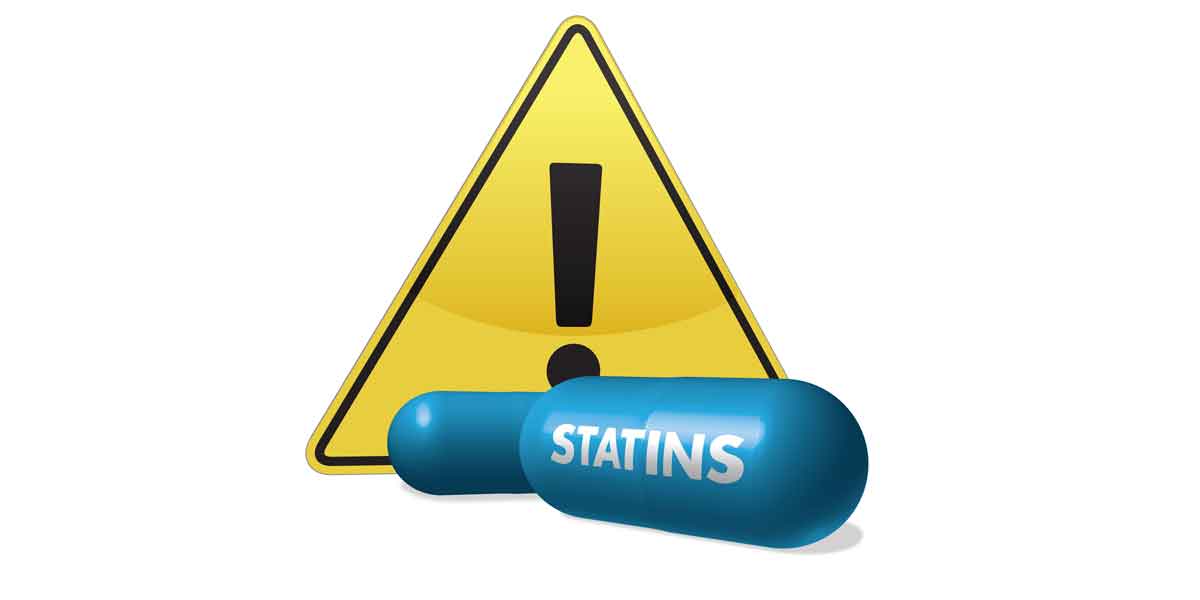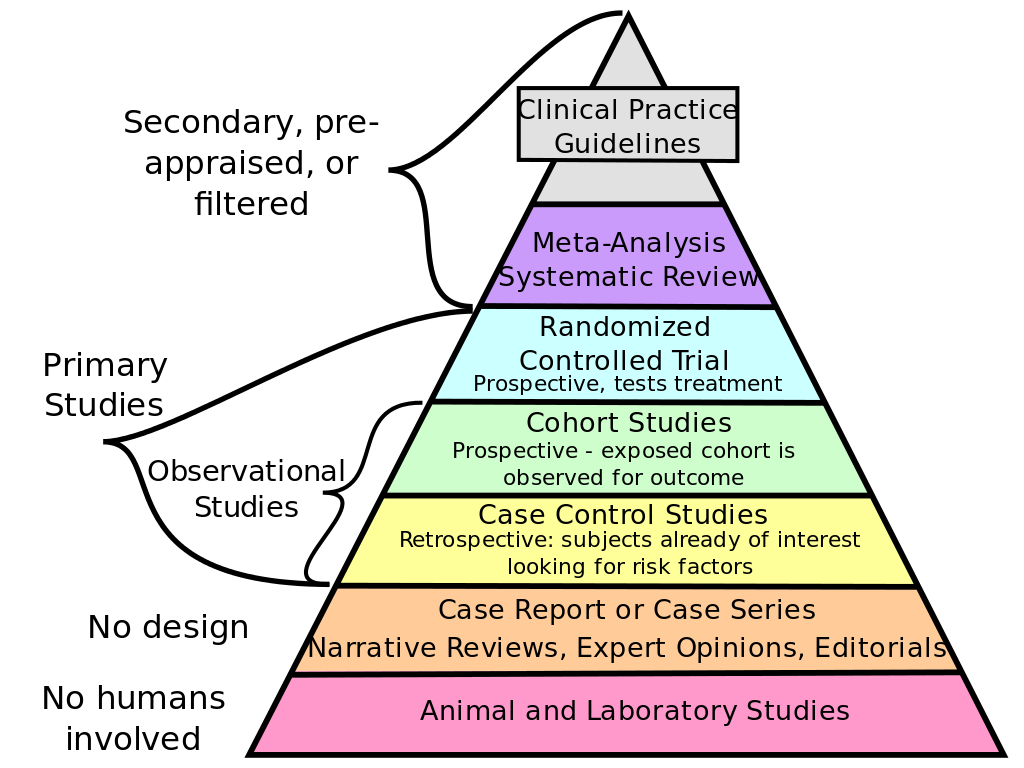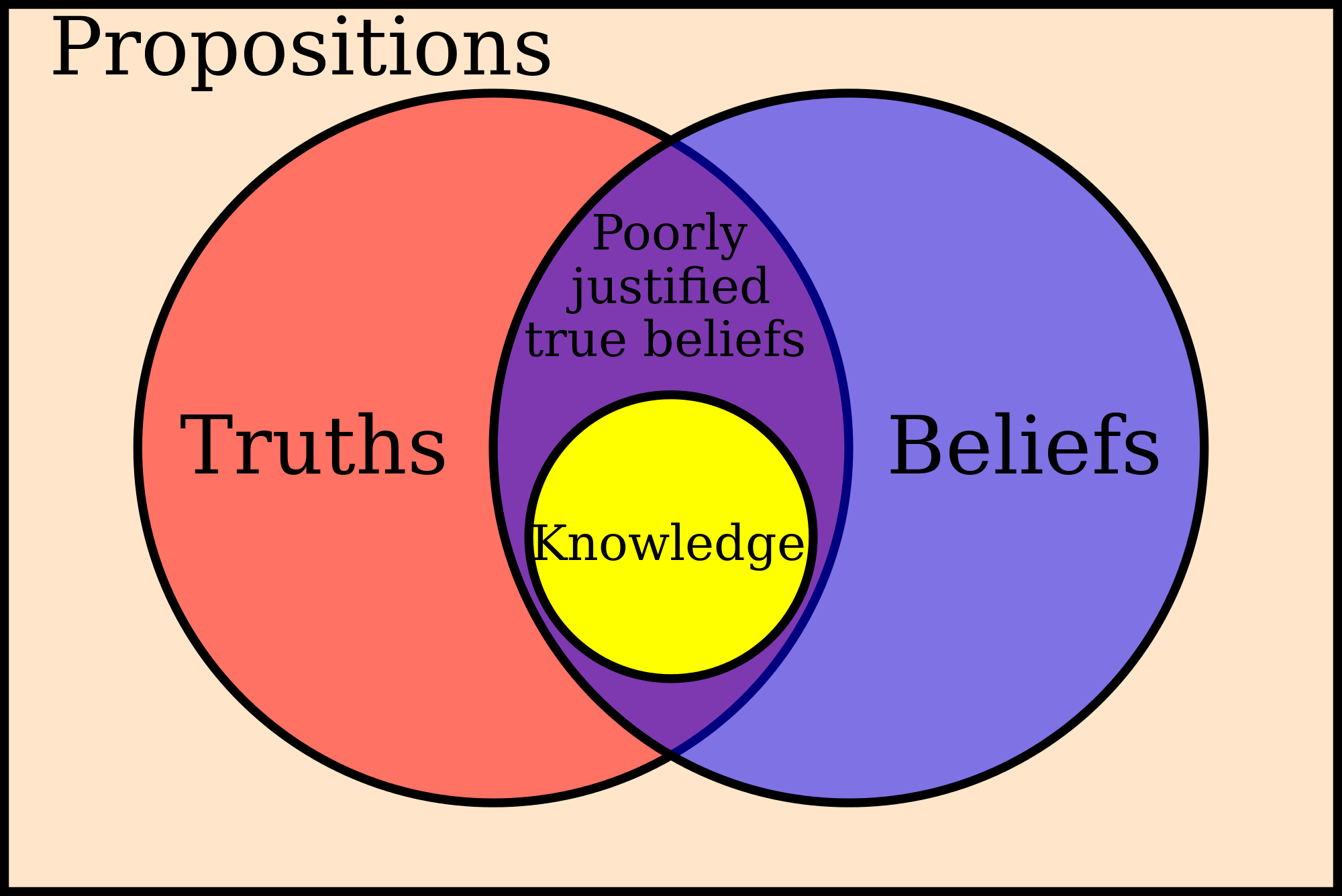I was kindly asked by the BMJ to write a piece for a “Head-to-Head” feature on EBM. Opposing me is the great Professor Darrel Francis, from Imperial College London and the National Heart and Lung Institute. The resolution at stake was the following: Does evidence-based medicine adversely affect clinical judgment? I took the affirmative, of course, and Dr. Francis the negative.
Here is the piece (free access).
I’m very happy with it. I think it’s my best effort against EBM so far, but you can judge for yourself. Also, the BMJ is running a poll on this question. As it currently stands, my position is trailing 40% against 60%. However, given the pro-EBM indoctrination that has occurred over the last 30 years, I consider this to be a great victory!




